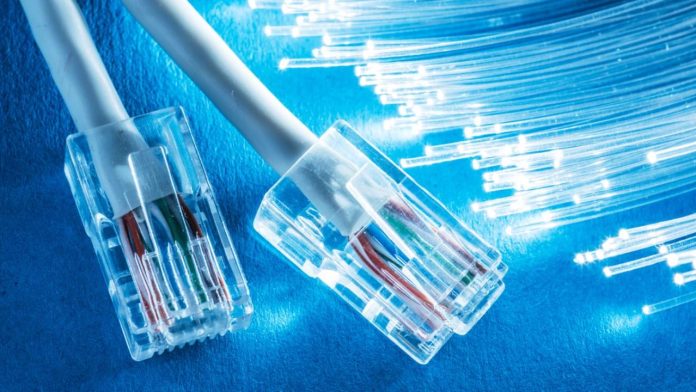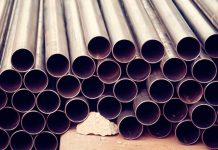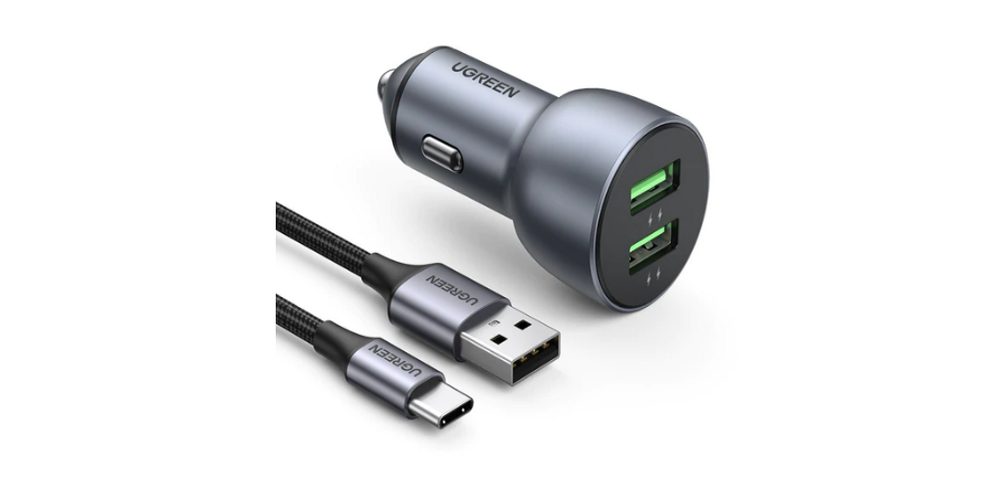Fiber optic cables, known for their high-speed data transmission and bandwidth capabilities, have become a cornerstone in the industrial domain. Selecting the perfect fiber optic cable supplier is crucial for businesses aiming to stay competitive and connected. This comprehensive guide is designed to help you navigate through the process of choosing the best supplier, ensuring your industrial needs are met with precision and quality.
Understanding Fiber Optic Cables
Before diving into the selection process, it’s important to have a basic understanding of fiber optic cables and their significance in the industrial sector. These cables use light to transmit data at speeds significantly faster than traditional metal cables. This technology is not only faster but also more reliable, as it’s less susceptible to interference and signal loss over long distances.
Identifying Your Industrial Needs
The first step in choosing a supplier is to clearly understand your specific industrial requirements. Consider factors such as the type of data being transmitted, the required speed, the environmental conditions the cables will be exposed to, and the necessary length of the cables. Different industrial environments, from manufacturing plants to data centers, will have unique needs that must be addressed.
Evaluating Supplier Expertise and Reliability
When looking for a fiber optic cable supplier, make sure to check their expertise and reliability. A supplier with a strong track record in the industry is likely to offer high-quality products and services. Look for suppliers who have extensive experience specifically in the industrial sector and can demonstrate a deep understanding of industrial applications of fiber optic technology.
Quality of Products
The quality of the fiber optic cables is paramount. Ensure that the supplier offers cables that meet industry standards and certifications. High-quality cables not only perform better but also reduce the risk of downtime due to cable failure.
Customization Capabilities
Each industrial setup has its unique demands. A supplier who can provide customized solutions will be a valuable asset. Whether it’s specific cable lengths, unique protective coatings, or specialized connectors, a supplier who can tailor their products to meet your exact needs is preferable.
Assessing Customer Support and Service
The level of customer support provided by the supplier is a critical aspect. Effective communication, technical support, and prompt response to inquiries and issues can significantly impact the overall experience. Look for suppliers who offer comprehensive after-sales support, including installation guidance and troubleshooting.
Cost Considerations
While cost should not be the sole deciding factor, it’s undoubtedly an important consideration. Compare pricing between different suppliers, but remember to factor in the quality of the products and services offered. Investing in higher-quality cables can lead to long-term savings by reducing maintenance and replacement costs.
Sustainability and Ethical Practices
In an era where environmental consciousness and ethical practices are increasingly important, consider the sustainability practices of the supplier. Suppliers who are committed to reducing their environmental impact through eco-friendly manufacturing processes and responsible sourcing of materials are preferable.
Making the Decision
Once you’ve evaluated the suppliers based on the above criteria, it’s time to make a decision. Remember, the right supplier is not just a vendor but a partner who plays a key role in the success of your industrial operations.
Conclusion
Choosing the right fiber optic cable supplier is a crucial decision for any industrial entity. By understanding your specific needs, evaluating the expertise and reliability of suppliers, assessing their customer service, and considering cost and sustainability, you can make an informed choice that ensures your industrial communications are fast, reliable, and efficient. Remember, the right supplier can be the difference between staying ahead in the competitive industrial landscape and being left behind.














